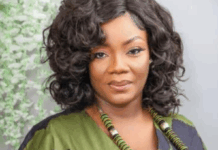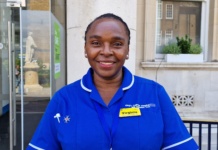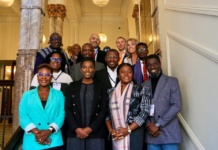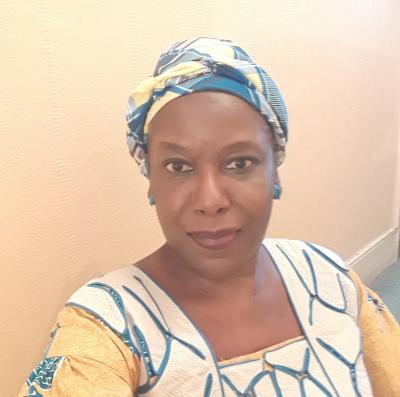
By Iyamide Thomas – Quite recently (especially during October Black History Month) I have been reeling out one of my favourite quotes I heard said by Dr Sally Roesh Wagner, an authority in the history of the suffrage movement: ”History is not what happened, history is who tells the story”.
14 November is annual World Diabetes Day and 2021 is special as it marks the 100th anniversary of the discovery of insulin by Sir Frederick Banting and colleagues at the University of Toronto in 1921. Whilst Sir Banting will be celebrated in several quarters, (including Diabetes UK), one person I am almost sure will not get a mention is Dr. Davidson Sylvester Hector Abioseh Willoughby Nicol, despite the fact that as a young PhD scientist in the University of Cambridge in 1955 he did what no one had ever done before – he was the first to complete the analysis of the chemical breakdown of insulin in the human body, a discovery which was a breakthrough for the treatment of diabetes! Previously, insulin taken from animals was used to treat diabetes patients but now they could use injections developed from human insulin which lessened the side-effects. Dr Davidson Nicol did his PhD under the supervision of Dr Frederick Sanger – who in 1958 was awarded a Nobel Prize in Chemistry “for his work on the structure of proteins, especially that of insulin”. These days the team including the student researchers would most likely have been cited for the prestigious prize. Now you see why it is important to tell our own history!
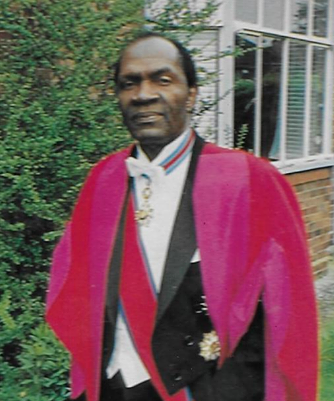
Who was Dr Davidson Nicol?
Davidson Sylvester Hector Abioseh Willoughby Nicol was born in Freetown, Sierra Leone in 1924. He belonged to the ‘Krio’ ethnic group – descendants of previously enslaved Africans who the British resettled in Sierra Leone. In 1946 Davidson Nicol became the first Black African to graduate with first class honours from Cambridge University. He was also the first Black African elected as a Cambridge Fellow. Apart from his PhD from Cambridge Davidson Nicol also studied medicine at University of London. Another first was achieved when in 1960 he became the first Sierra Leonean principal of the historic Fourah Bay College (University of Sierra Leone).
Dr Nicol was an academic, a Sierra Leonean diplomat, physician, writer and poet. In 1991, Dr Davidson Nicol retired to Cambridge at the age of 67, where he died three years later at the age of 70. The Encyclopedia Britannica cited Davidson Nicol for his research on insulin and also for his multiple achievements. On 24th November the Churchill Archives Centre Reading Room will be doing an online event entitled ‘Davidson Nicol – a Man of Many Careers’. That he truly was!
Diabetes is a serious condition where your blood glucose (‘sugar’) is too high. It affects many Africans and other people around the world. Diabetes can happen when your body cannot produce any insulin at all (Type 1 Diabetes). It can also happen when your body doesn’t produce enough insulin or the insulin it produces isn’t effective (Type 2 Diabetes). For more info go to: www.diabetes.org.uk
Kindly follow us on twitter:@AfricanVoice2


